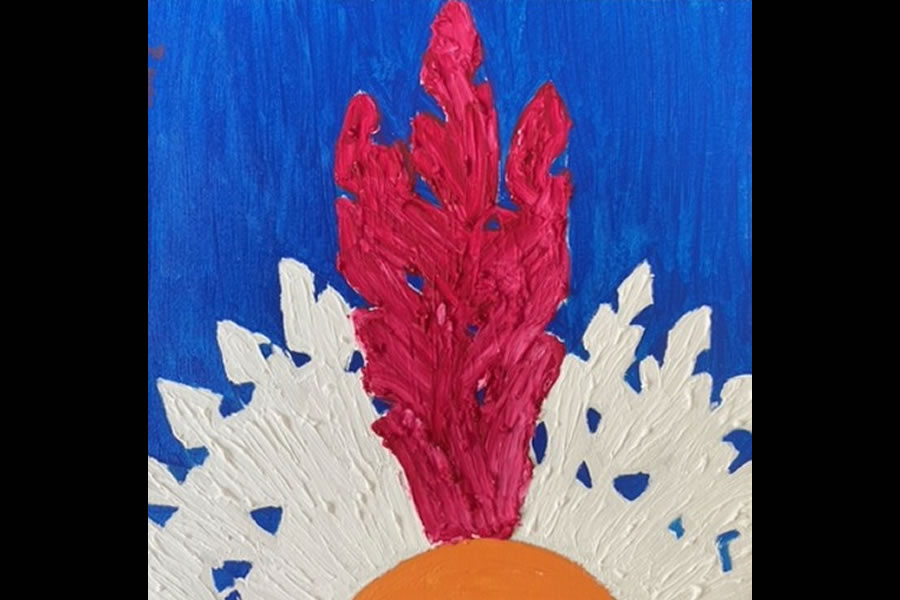
O Observatório Cultural das Aldeias (OCA) foi idealizado após Cris Papion, coordenadora do projeto, sofrer discriminação racial e exposição na Internet com dúvidas e levantamentos sobre sua origem indígena e de nascimento. Saindo da depressão surge o Oca, onde um dos objetivos é fazer as pessoas repousarem em uma das redes e se identificarem com a questão indígena e da ancestralidade étnica.
Com o projeto Identidade (qual é a sua raiz, passando pelo Oca), o coletivo de artesãos, onde a identidade étnica é vista através dos bonecos pedagógicos realizados em conjunto com o projeto Museu do Índio, vai à escola, com três etnias: Guarany M´bya, Apurinã e Pataxó Hã Hã Hã. Todos acompanhados do cartão de identificação étnica e a história do povo.
O OCA está presente no diálogo inter-religioso nas secretarias de direitos humanos e direito da mulher da cidade de Niterói/RJ. Ajudou a construir o conselho de liberdade religiosa do estado do Rio de Janeiro e da cidade de Niterói.
Assim é o OCA, uma grande taba de direitos aos povos indígenas e a sustentabilidade com geração de renda para mulheres indígenas e urbanas.
The Observatório Cultural das Aldeias (OCA) was idealized after Cris Papion, coordinator of the project, suffered racial discrimination and exposure on the Internet with doubts and surveys about her indigenous origin and birth. Out of depression comes Oca, where one of the goals is to make people rest in one of the networks and identify themselves with the indigenous issue and ethnic ancestry.
With the project Identity – what are your roots, through Oca – a collective of artisans where ethnic identity is seen through the educational puppets made in conjunction with the project Museum of the Indian goes to school, with three ethnic groups: Guarany M’bya, Apurinã and Pataxó Hã Hã Hã, all accompanied by the ethnic identification card and the history of the people.
OCA is present in the inter-religious dialogue present in the secretariats of human rights and women’s rights of the city of Niterói/RJ, helped building the council of religious freedom of the state of Rio de Janeiro and for the city of Niterói.
This is OCA, a great taboo of rights for indigenous peoples and sustainability with income generation for indigenous and urban women.